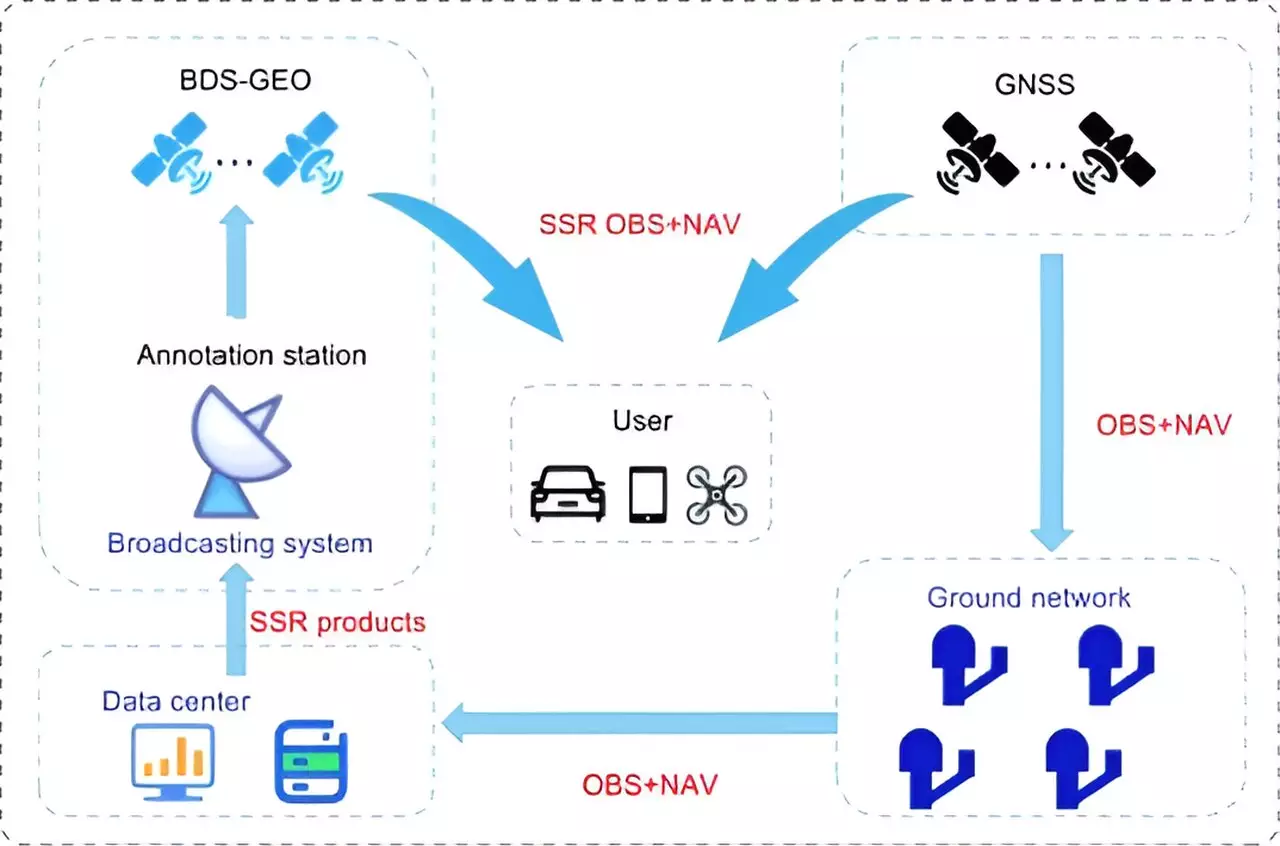The BeiDou Navigation Satellite System (BDS) is currently undergoing a transformative upgrade to cater to the increasing demand for high-precision positioning across various industries. This upgrade includes new services that target providing decimeter-level accuracy within mere minutes, a substantial improvement from the current capabilities. As technologies such as autonomous driving, robotic navigation, and smart city infrastructures continue to evolve, the reliance on precise location data for effective operation has become more pronounced.
While systems like the Global Positioning System (GPS), GLObal NAvigation Satellite System (GLONASS), and Galileo have set high standards for positioning accuracy, challenges such as limited regional coverage and long convergence times persist. The shortcomings of these traditional systems underscore the critical need for enhanced navigation satellite systems like BeiDou. By improving its high-precision services, BDS aims to establish itself as a key player in the global positioning landscape, addressing the limitations faced by existing systems.
A study published by researchers from the Beijing Institute of Tracking and Telecommunication Technology, in collaboration with the Shanghai Astronomical Observatory and Wuhan University, delves into the high-precision services of the BeiDou system. The study, released on 24 June 2024, highlights the current state, achievements, and future trajectory of BDS. One focal point of the study is the PPP-B2b of BDS-3, which achieves decimeter-level accuracy within 14 minutes. However, despite these advancements, BDS-3 still falls short in regional coverage and convergence time when compared to international counterparts like Galileo’s High Accuracy Service (HAS) and Quasi-Zenith Satellite System’s (QZSS’s) Centimeter-Level Augmentation Service (CLAS).
To overcome these limitations, the research proposes a multi-layer development framework that emphasizes the integration of low Earth orbit (LEO) satellites. By incorporating a LEO constellation consisting of 288 satellites, positioning accuracy can be improved to better than 5 cm within approximately 1 minute. This enhancement not only extends global coverage but also significantly reduces convergence time, demonstrating the potential for rapid and precise positioning. Through simulation results, it is evident that LEO-enhanced PPP services can overcome existing limitations and position BeiDou as a frontrunner in high-precision satellite navigation.
Implications for Modern Applications
Dr. Xingxing Li from Wuhan University emphasizes the pivotal nature of BeiDou’s advancements in high-precision services in meeting the escalating demands of contemporary navigation applications. The integration of LEO satellites stands out as a particularly promising development, as it enhances coverage and reduces convergence time, bringing the technology closer to achieving real-time, centimeter-level positioning accuracy on a global scale. The enhanced high-precision services provided by BeiDou offer significant implications for various applications, including autonomous driving, unmanned aerial vehicles, and smart device navigation, marking a significant milestone in the evolution of global navigation satellite systems. This evolution positions BeiDou as a trailblazer in the realm of high-precision satellite navigation.


Leave a Reply